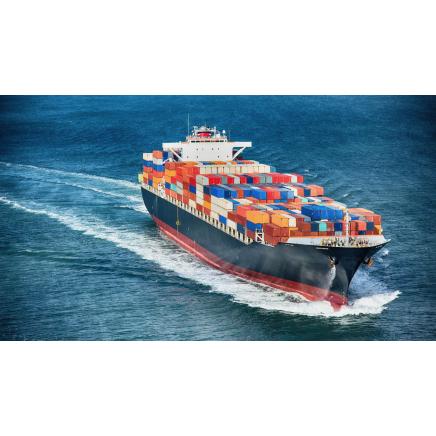White House Spares European Wines from 100 Percent Tariffs for Now

White House Spares European Wines from 100 Percent Tariffs for Now
25 Percent Duties Remain in Place - After reviewing the tariffs in the Airbus fight, the U.S. Trade Rep has raised duties on plane parts and is staying the course with wine tariffs.
article originally featured in Wine Spectator Feb 19th 2020
The Trump administration sent wine consumers a decidedly mixed Valentine today. In the early evening hours, U.S. Trade Representative Robert Lighthizer issued a decision in his review of the ongoing trade war between the U.S. and the European Union over subsidies to plane manufacturer Airbus.The good news? The administration has decided not to raise tariffs on European wines for now, opting instead to raise tariffs on European airplane parts from 10 percent to 15 percent.
The bad news? The 25 percent tariffs on French, Spanish and German still wines under 14 percent alcohol remain in place, promising continued pain for winemakers in those countries and consumers, retailers, restaurateurs and importers in the United States. The fight stretches back almost two decades, to U.S. objections concerning government subsidies that France, Spain, Germany and the United Kingdom has given to Airbus. On Oct. 2, the World Trade Organization (WTO) gave the U.S. the green light to impose duties on $7.5 billion worth of European goods after the E.U. was found guilty of unfair subsidies. The following day, the Trump administration announced 25 percent tariffs on a wide range of European products, including wine, cheese, olive oil, single-malt Scotch and cashmere sweaters, which went into effect Oct. 18. It imposed 10 percent tariffs on European airplane parts.
The tariffs covered all wines from France, Spain, Germany and the U.K., except for sparkling wines, wines over 14 percent alcohol and large-format bottles. Containers of wine were on the ocean when the tariffs were announced, and when they arrived after Oct 18, they effectively became 25 percent more expensive the moment they touched U.S. soil. Wineries, importers and retailers tried to swallow as much of the cost as possible, especially during the holiday season, but prices have gone up. What's more, importers have stopped bringing several wines to the U.S. and European producers have begun looking to other markets. French wine exports to the U.S. dropped dramatically in November and have continued to decline since.
By law, the Office of the U.S. Trade Representative (USTR) must review enforcement actions four months after implementation. That meant a decision to continue, suspend or modify the tariffs was expected by Feb. 17. The statement released this evening was brief: "The United States is increasing the additional duty rate imposed on aircraft imported from the E.U. to 15 percent from 10 percent, effective March 18, 2020, and making certain other minor modifications." Those minor modifications primarily consist of removing tariffs on European prune juice. What's next? The USTR must review the tariffs again by August. U.S. and E.U. officials continue to negotiate, but there has been little sign of progress. That means that for the foreseeable future, the 25 percent tariffs are here to stay.
Members of the wine industry are not relaxing either. "While we can breathe a collective sigh of relief today, the fight is long from over and it is not a time for celebrating," said Daniel Posner, a New York retailer and member of the U.S. Wine Trade Alliance. "Continuing to require importers to pay a 25 percent tax to the U.S. government on the majority of wines from the E.U. can hardly be called a victory. These same tariffs will be up for review and potentially raised again six months from now. The fact of the matter is that tariffs on wine do far more damage to American businesses than they do their targets in the E.U."


